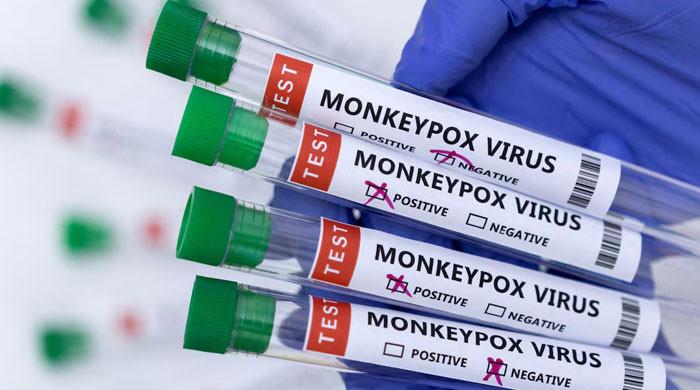Advanced vaccines developed with the aim of eradicating polio

Scientists have developed highly advanced polio vaccines to prevent them from mutating into a dangerous form that can trigger outbreaks and paralysis. These vaccines, administered orally, contain weakened live polio viruses that have been genetically modified to remain in their weakened state. Research teams from the United States and the United Kingdom have successfully engineered upgraded vaccines targeting all three polio types.
Despite these significant advancements, the key challenge remains to ensure that these improved vaccines reach every child to effectively eradicate the disease. Polio has the potential to invade the nervous system, leading to paralysis. Thanks to vaccines, cases have plummeted by over 99% since the late 1980s, and approximately 20 million individuals have been spared from paralysis.
The original, or “wild,” poliovirus is now confined to small pockets in Afghanistan and Pakistan, with oral vaccines playing a vital role in global eradication efforts. However, a single mutation can revert the safe polio vaccine into a virus capable of escaping the digestive system, invading the nervous system, and causing paralysis.
Alarmingly, there are now more cases of “vaccine-derived polio” than of the wild poliovirus itself. In fact, the polio strain detected in London’s sewage system last year was linked to the oral vaccine. To address this issue, researchers have further genetically modified the weakened virus to significantly reduce its potential to cause paralysis.
Professor Raul Andino from the University of California, San Francisco, expressed immense pride in the scientific endeavour, stating that the vaccine was now “50 to 100 times more stable.” In March 2021, the World Health Organisation authorised the use of the researchers’ vaccine against type-two polio in emergency situations. Since then, it has been administered over 650 million times.
In a recent publication in the journal Nature, the researchers outlined the development of stable vaccines targeting polio types one and three. Initial human trials for these upgraded vaccines have already been conducted, with preliminary data showing great promise, although further analysis is still underway.
These three new vaccines represent the first significant advancements in polio vaccine development in the past 50 years. While acknowledging the importance of these breakthroughs in addressing the issue of vaccine stability, Dr. Macadam highlights that the challenge of ensuring widespread coverage remains to be addressed.






